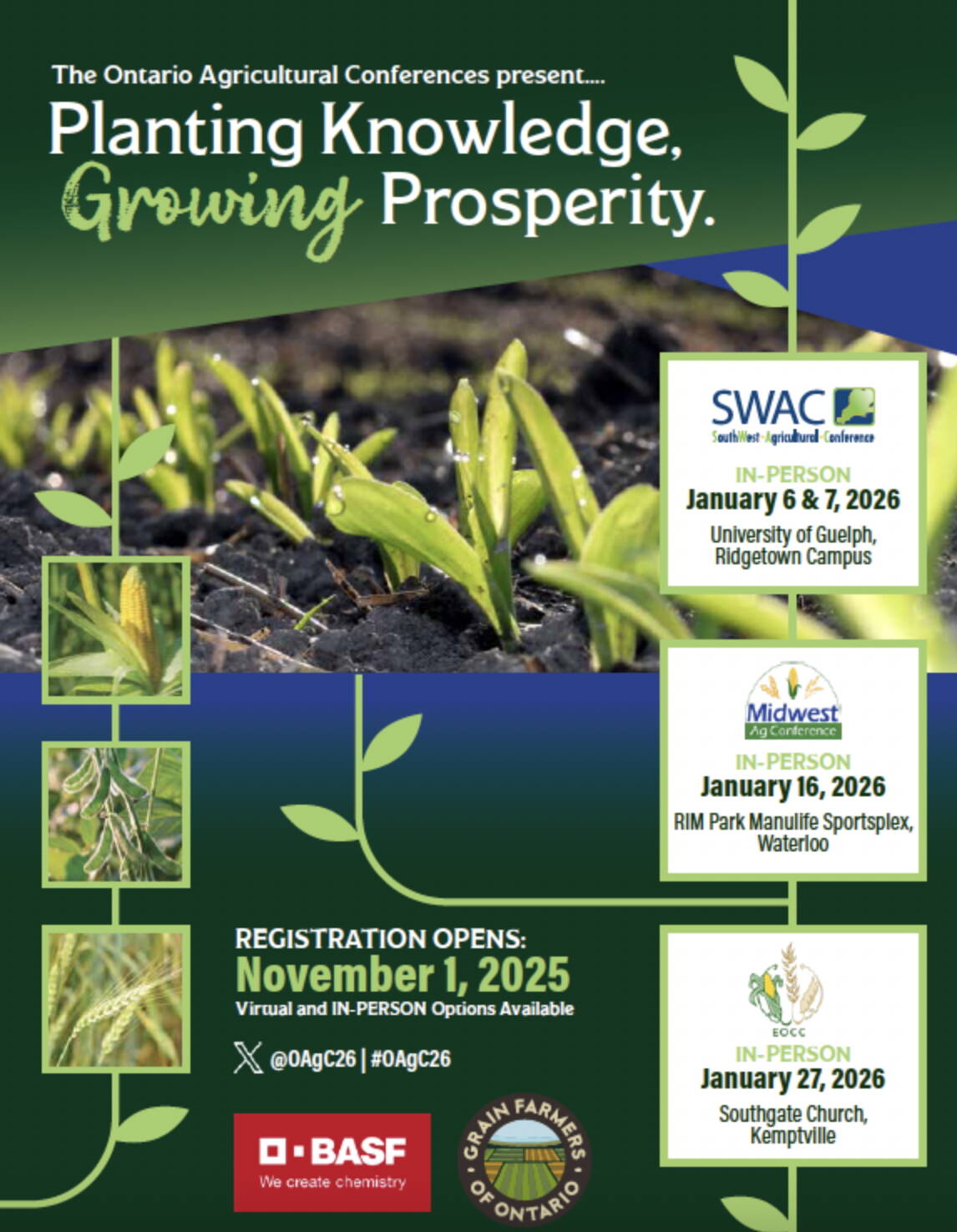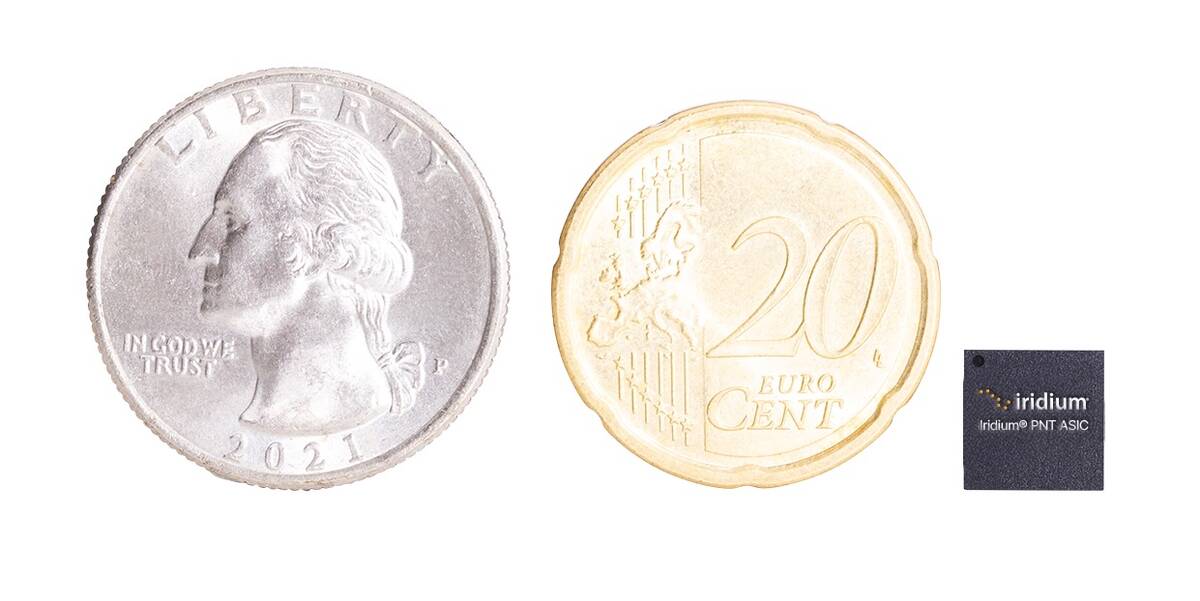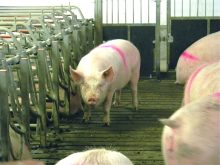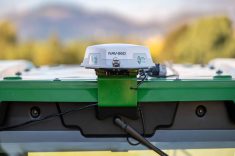The fragility of Global Positioning Systems (GPS) has been shown by an increase in spoofing and blocking around the world, which could include interference in food and agriculture systems that rely on precision technology.
Why it matters: GPS signals have also become pervasive in agriculture, guiding all types of machinery and providing tracking of machinery and livestock. They also are used across the transportation and processing sector.
Iridium, which operates a mesh of low-earth orbit satellites, and provides an alternative to GPS, now has a way to integrate its technology directly into GPS-enabled systems.
Iridium’s PNT system has required a box, which meant it was usable on ships and planes and for critical infrastructure, but not in personal communication or the many other portable uses of GPS, including the type of units in tractors, sprayers and combines.
Read Also

Registration open for Ontario Agricultural Conference
The Ontario Agricultural Conference 2026 offers in-person and online access to expert insights, hands-on learning, and networking opportunities.
The company recently announced the Iridium ASIC, or application-specific integrated circuit. Think of it like adding a power take off (PTO)-driven hydraulic pump to a planter to get enough extra hydraulic pressure to run more functions. It’s a dedicated, single-use upgrade.
Iridium hopes that its chips will be installed across the economy, adding a second layer of security for GPS-enabled activities now that its Positioning, Navigation and Timing (PNT) signals can be managed by an eight-by-eight-millimetre chip.
Iridium has a competitive advantage in supplying an alternative to GPS as its satellite network is a low-earth mesh network that coverages the whole planet. Satellites that broadcast GPS orbit 18,000 kilometres or more higher than low-earth orbit satellites.
That means the well-meaning signal sent out to geoposition a ship, or car or location tag in luggage comes from 20,000 km up and the signal is weak when it reaches the Earth.
Being closer to the earth means the signal that Iridium can send is 1,000 times stronger than GPS. That also means that the PNT signal can penetrate buildings where there are challenges with weaker GPS signals.
“We all take GPS and other (global navigations satellite systems) for granted,” said Iridium CEO Matt Desch during a news conference.
GPS are integrated into transportation, agriculture, cellular phones and tracking everything from suitcases to cars. GPS signals are old, simple technology, not built for today’s more complex systems and that has invited in bad actors.
“They were never designed to be resilient, and yet we built an entire digital economy on top of them. It’s like building a skyscraper on a sandcastle,” says Iridium’s Rohit Bragg, vice president of commercial PNT.
What’s the concern?
There have been several recent examples of GPS or GNSS signals being blocked or highjacked.
Shipping managed by Qatar was shut down for 48 hours due to GPS jamming, says Desch.
On Aug. 31 a plane carrying Ursula von der Leyen, president of the European Commission had its GPS signals blocked as it was approaching landing in Bulgaria, and pilots had to rely on other group-based signals to land the plane.
The commission blames Russian interference.
There are about 1,500 flights per day that experience some GPS spoofing, says Bragg citing a report by OpsGroup, an aviation safety organization.
It’s not just GPS blocking that’s an issue, but also deception. Bragg gave the example of Santo Spirits, an American alcohol company, which thought trucks were on the correct route according to the GPS signals they were reading, but they never arrived and in fact had long been off the expected route.
This example created concern throughout transportation systems, and created opportunity for new solutions, such as that created by Iridium.














